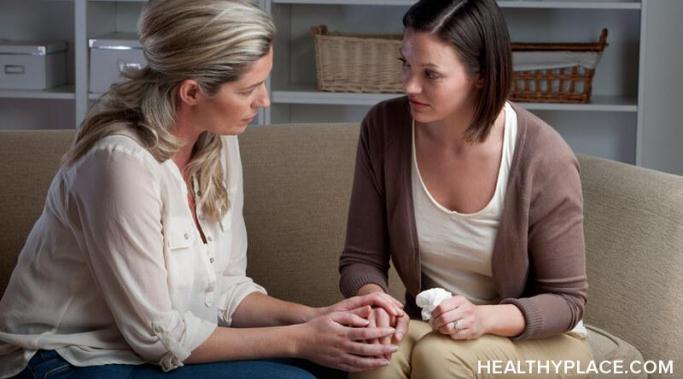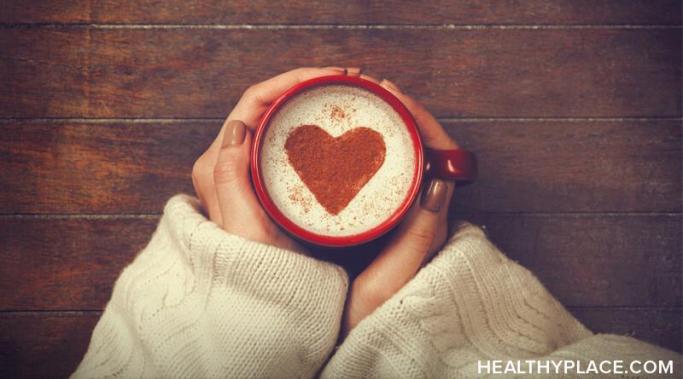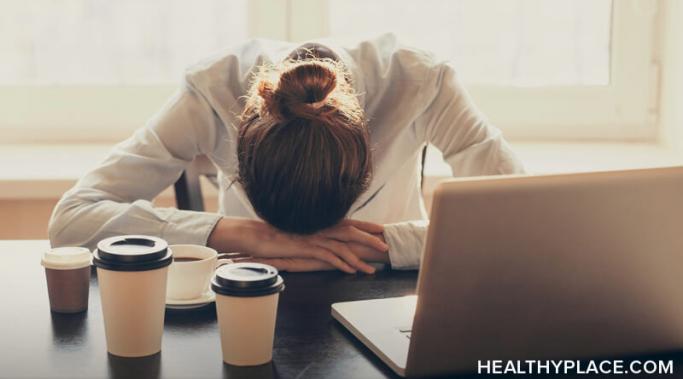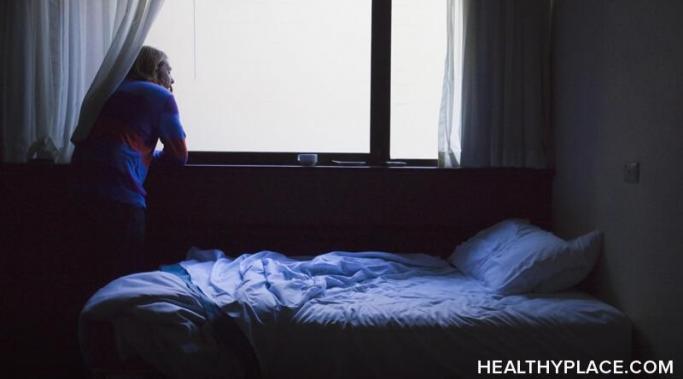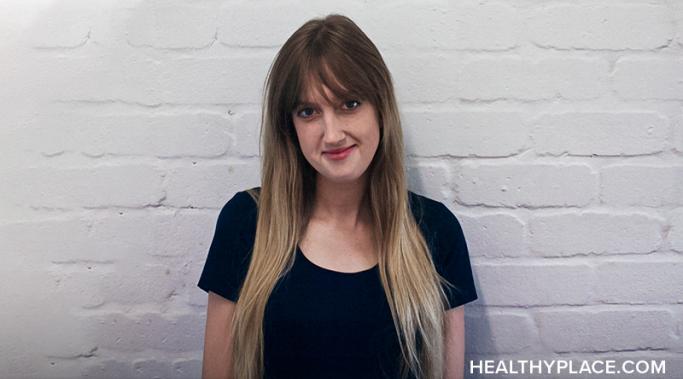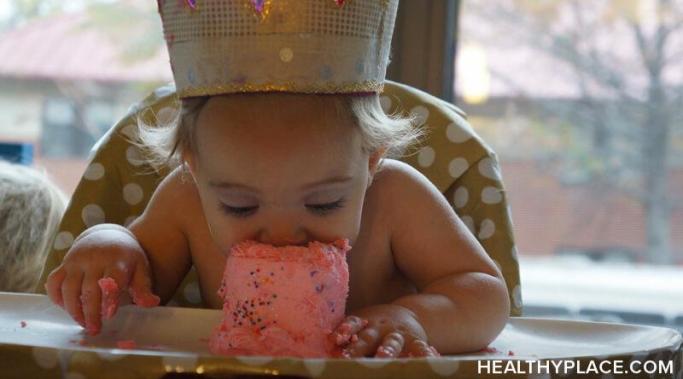Let's cut to the chase: depression is mentally and physically debilitating. Even if you are do not have low-functioning depression, depression limits what you can and cannot do. To prevent depression from getting worse, one needs to learn to set boundaries. Here's why.
Coping with Depression
My mental health has always suffered in times of isolation and uncertainty. As someone with obsessive-compulsive disorder (OCD), I'm at my most content when I'm able to predict and control my surroundings. When that control is lost, my mind conjures terrifying hypotheticals about what "could" happen, and I start to engage in compulsive behaviors to bring order to the chaos in my mind. This exhausting cycle of thoughts and rituals invariably causes me to slip back into depression, and I'm left feeling like a failure once again. So, you would think that the uncertainty surrounding the current global pandemic would have my mental health in a tailspin. But no — it is better now than it has been in years, and it's precisely due to that uncertainty. The uncertainty leading to my isolation has improved my mental health.
Nobody is immune to the pressure to succeed. Whether it comes from family, teachers, bosses, or ourselves, the pressure to "achieve" is something we have all felt. It's not necessarily a bad thing: pressure (or your perception of it) can give you a competitive drive, the impetus to keep going when you feel like giving up, and it can result in great things, both professionally and personally. However, when that pressure to succeed becomes so intense that you lose sight of everything else, it's time to pump the brakes and reevaluate your priorities. Sure, success is great, but not when it comes at the expense of your mental health.
It's been nearly seven months of a dreary, dystopian existence, and this pandemic is worsening my depression. Ever since March 2020, life as we know it has changed forever. Living in this pandemic has been dubbed "the new normal," but there is nothing normal about it.
The decision to try for a baby is one of the most difficult you will ever make. However you choose to do it, there are about a million things to consider: am I the right age? Am I mature enough? Am I financially ready? Am I prepared for the toll this will take on my body, my relationship, my finances, and my career? Am I ready to give my heart and soul to this person I haven't even met yet? And for me, there was the big one: is it selfish of me to bring a child into the world given my history of depression and mental illness?
There are precious few things to be optimistic about when one is depressed, so you must be thinking I'm cuckoo. Well, allow me to explain. The way I see it, nihilism is a school of thought which believes that life is meaningless. Needless to say, that's a depressing point of view. Optimistic nihilism is, therefore, a brighter outlook than mere nihilism as it proposes that since life is meaningless, we are free to give it whatever meaning we choose.
Recognizing suicidal thoughts in yourself or others isn't always easy. The problem is, suicidal thoughts don't always look like you think they should. (Note: This post contains a trigger warning.)
My name is Jennifer Lear, and I am the co-author of the "Coping with Depression" blog here at HealthyPlace. I am thrilled to be joining this community and am excited (and nervous) to be sharing my experiences with you. I started exhibiting symptoms of obsessive-compulsive disorder (OCD) at age six. By 18, I was riddled with so many ticks and compulsions that I could barely function, and I finally took it upon myself to seek help from my family doctor. I was diagnosed with chronic OCD and depression and placed on medication. There was no offer of counseling, no reassurance that I was not alone, and I was left feeling more depressed, more ashamed, and more terrified to publicly acknowledge how I was feeling.
Birthdays are supposed to be exciting. Unfortunately, for many of us, birthdays trigger depression, anxiety, and stress in general. Given that I happen to be one of those folks who suffer from birthday blues, I can tell you that just like clinical depression, birthday depression too is real and not a choice.
It's a common assumption that depression affects those who aren't strong enough, also known as people with depression are weak. What's worse is when people with depression themselves blame their lack of strength for being the reason they are depressed. But the truth is that depressed people are strong, not weak.
